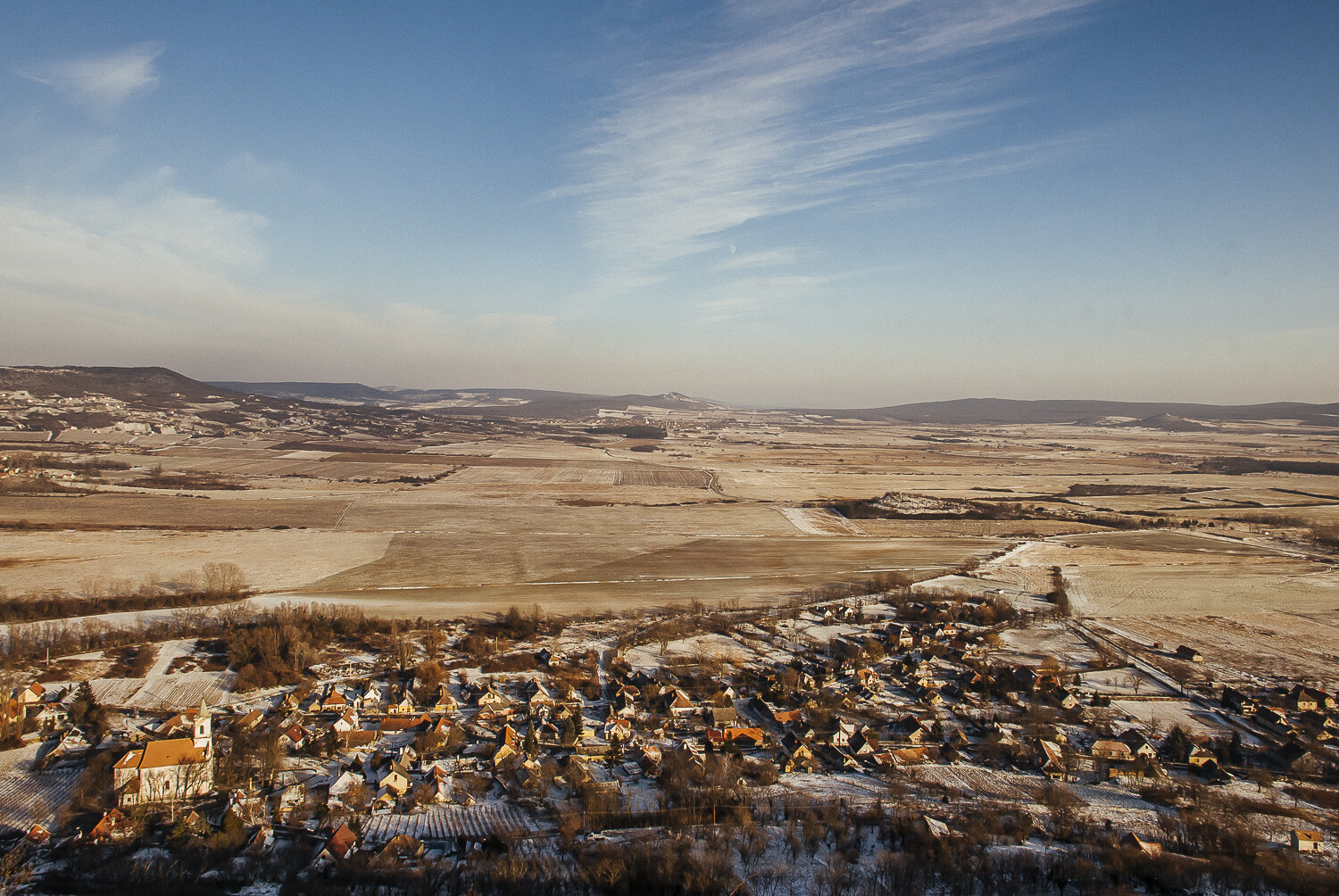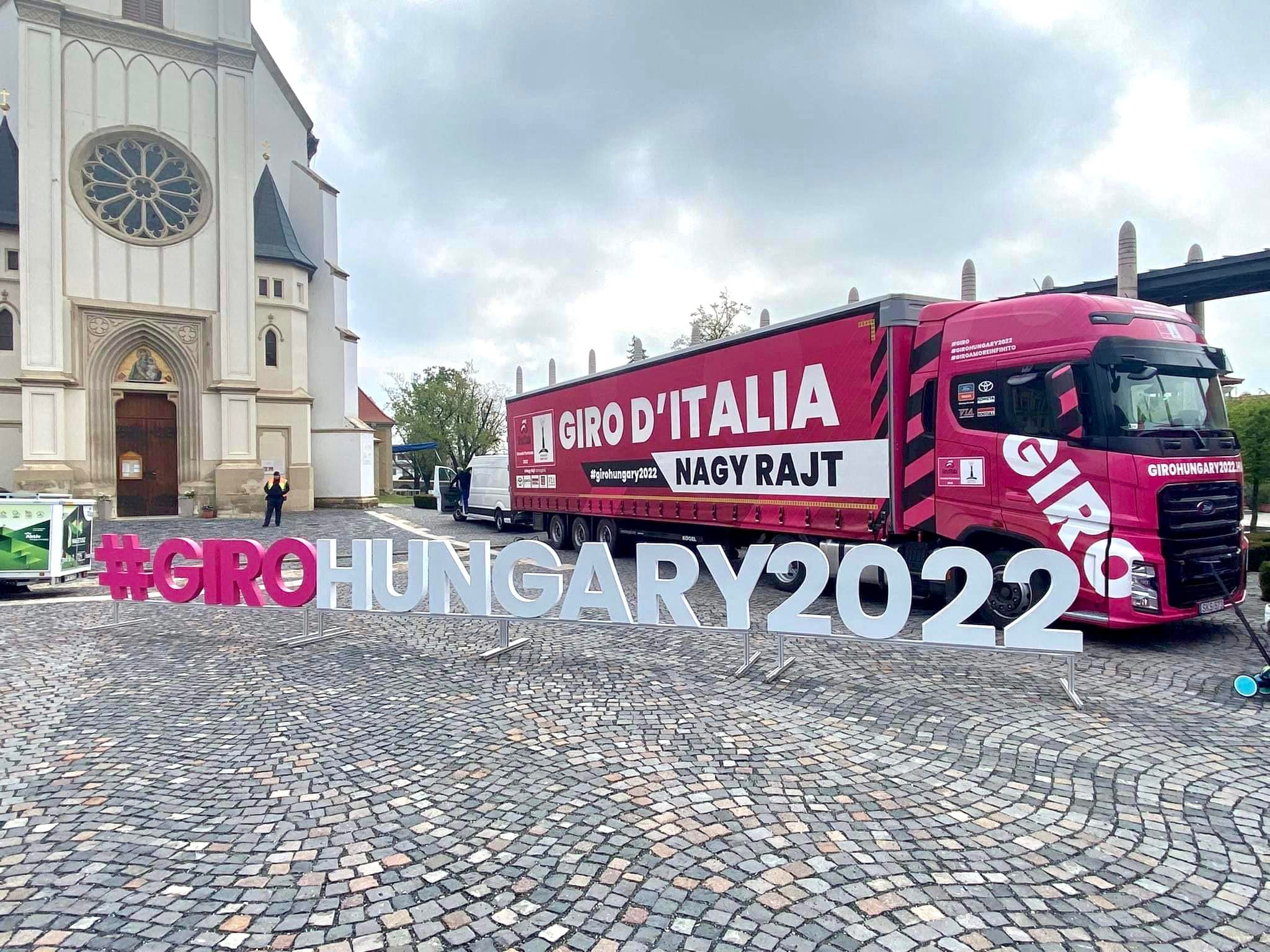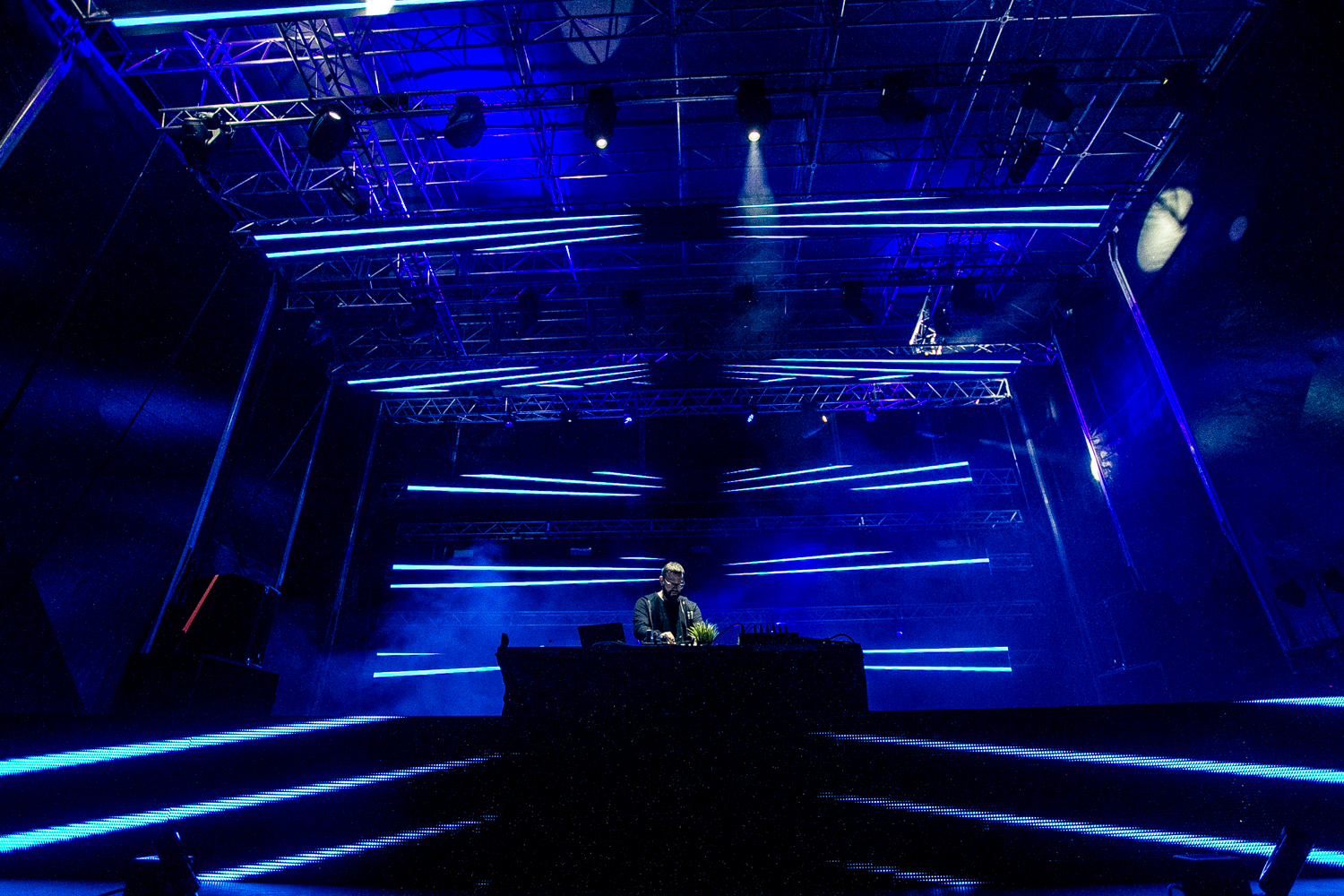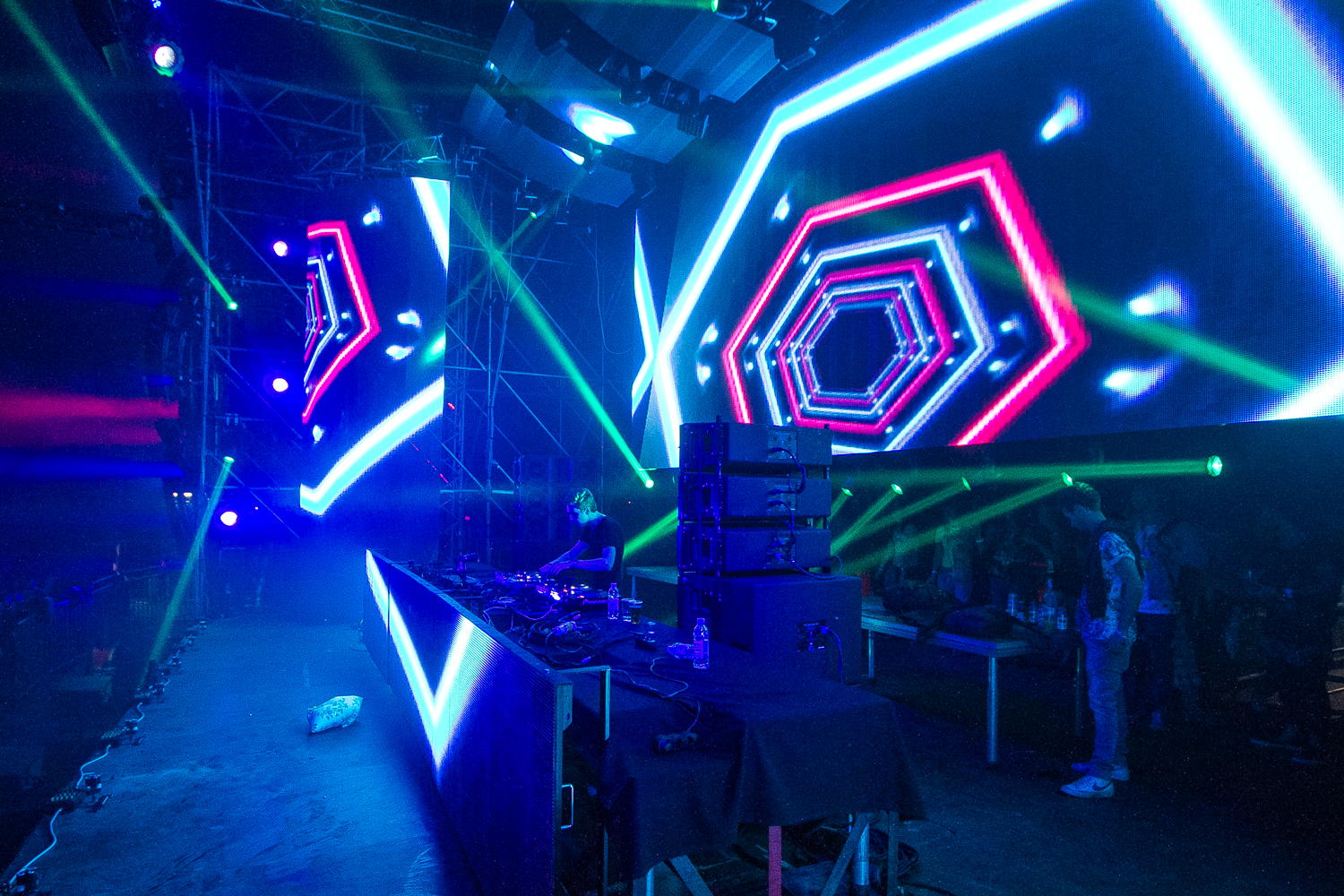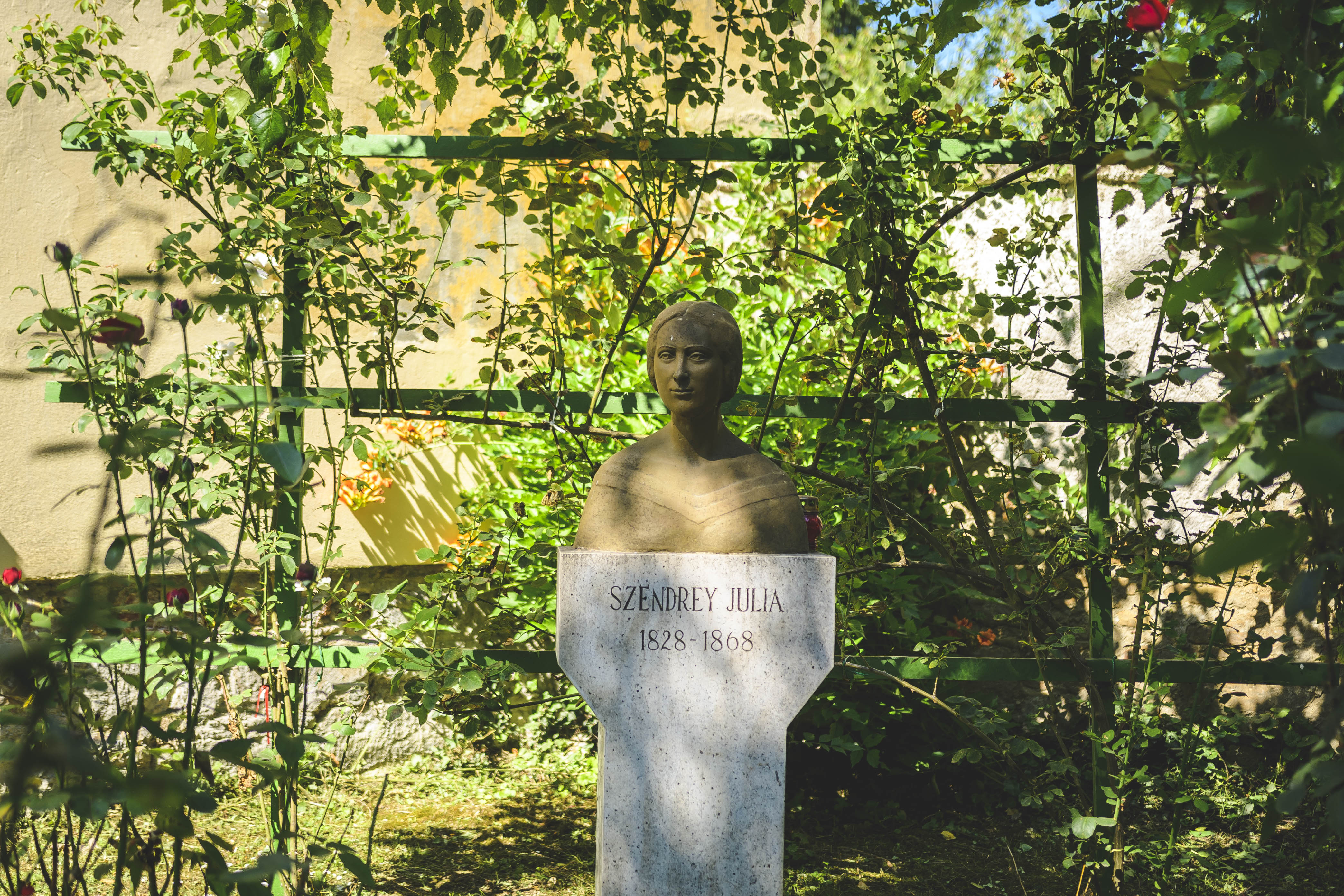We told our interviewees to let their imaginations run wild, that there’re no financial obstacles, and that their possibilities were endless. However, it wasn’t a surprise that they didn’t vision futuristic buildings, super-fast trains, or underwater tunnels. They stayed grounded in reality, and instead of a Balaton sci-fi they talked about what Balaton could be like in a few years – regardless the season: because the first thing that they would get rid of is this big divide between the seasons.
Iván András Bojár art historian, journalist

From Budapest to Balaton without stopping
“Bratislava became a suburb to Vienna, which is only 40 kilometers away: due to its closeness, the eastern part of Lake Balaton is part of the metropolitan area of Budapest which is supplied with energy by the capital. This doesn’t mean that the region loses its identity, instead it means that distance is interpreted in a different way; those who come to Budapest for a weekend can be lured to Lake Balaton as well, which, due to its qualities, attracts various groups. There are two Balatons: the delicate Balaton, and the mass Balaton. The latter is becoming like Ibiza in a way, but it’s a good international spot for parties, it’s needed, but the development of quality is also needed. There has to be a pack, a ready-made 48 hours here. Besides entertainment, we need to have programs that are mentally fulfilling; wine is a great device for that. The Balaton wine region needs a unified concept that emphasizes local values. Where there’s wine, there’s gastronomy, the kind that goes beyond being fed, and it’s connected with everything that is creative: contemporary art, design, jazz. Keszthely would deserve the same attention. It’s a treasure-chest, a wonderful town, and it’s close to Austria, so it could be the western capital of Balaton for those who arrive from the west.”
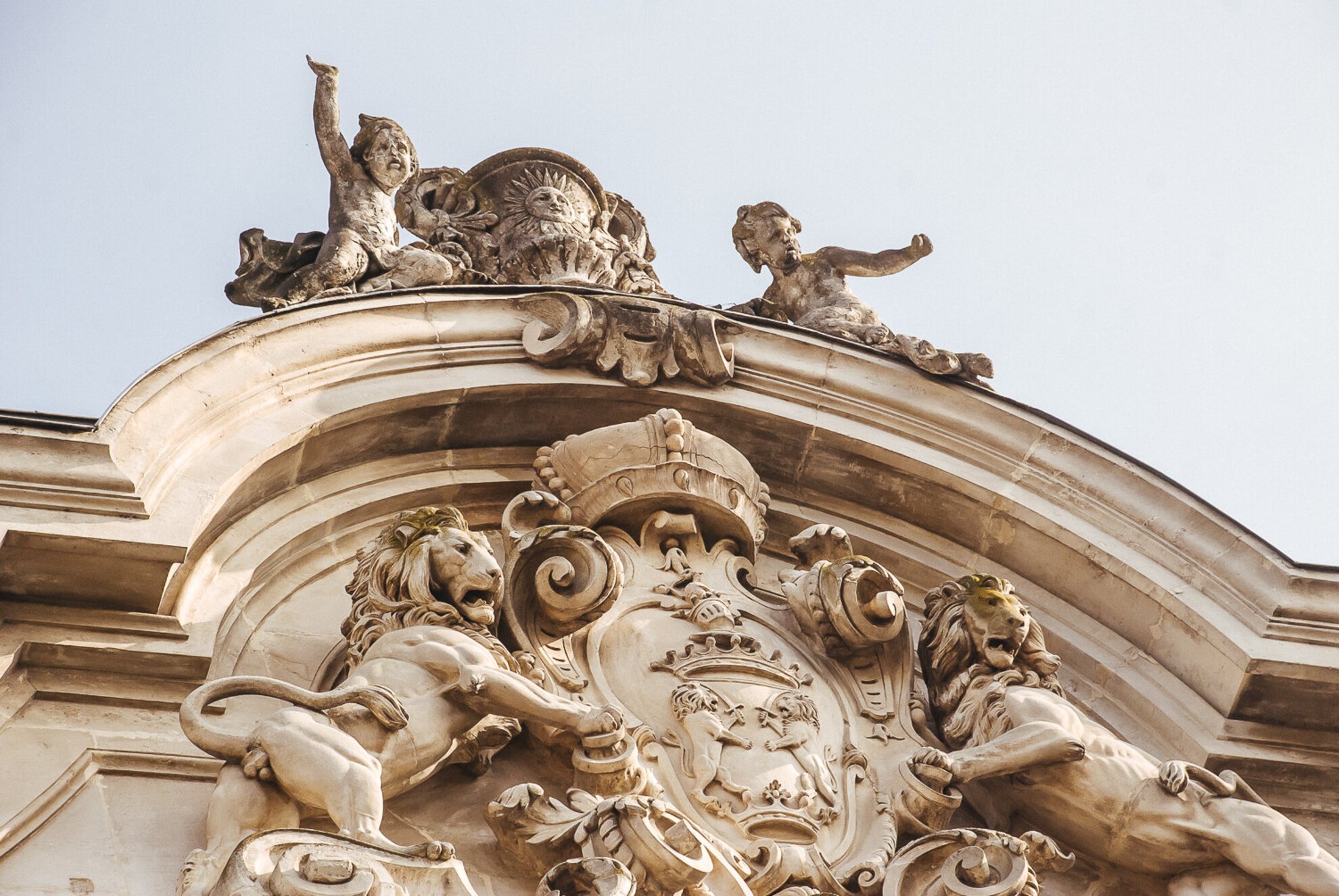
The content and the form are both important
“We need a vision of how we want it to look. Architecture and landscaping are important, but with a focus not on locations, but on functions. What is adequate way of presenting a space and design attached to these? The villa-architecture of the 19th century is flawless, it’s a good start. It shouldn’t be copied, but in this environment, we should build the 21st century versions of these villas. The same goes for folk architecture. We could have an international brainstorming about Balaton, where young, new architecture firms of Barcelona, Milano, and London could share their ideas from impossible to feasible, and just to know: how do people from far away look at Balaton? Maybe they would treat the villas as givens and they would transcribe them into something modern.”
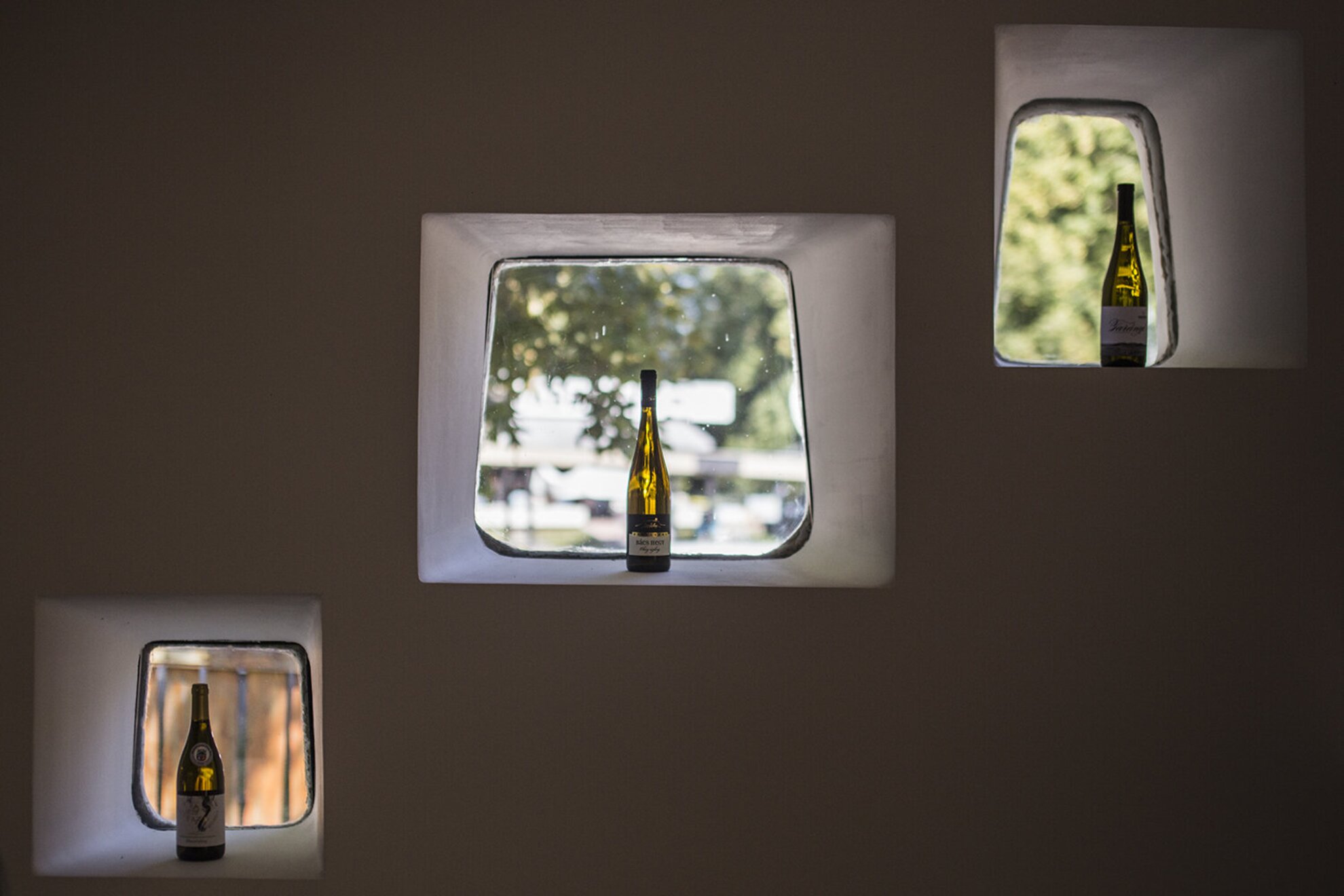
Slow Lake: slow down
“This place gives you a mental and physical freedom that is hard to achieve in the more and more hierarchical metropolitan conditions. Thanks to the internet it almost doesn’t matter where you are, but here you also have means to personal contact, you can relax, there’s peace, no stress – no wonder so many intellectuals working in the creative industry find this region. A few applications make it easy for them to know about each other, to enable them to join in each other’s projects. And every village could have a car service so that it wouldn’t be a problem to go to a restaurant or a winery; and there could be gardeners to keep the gardens of the holiday homes in shape while the owners are away. All of this is needed in order to have a place where we feel good.”

Nature rules here
“The Balaton-region would be as natural as possible. Only sailboats and small sailboats could be on the water, I don’t think that the catamaran is necessary: here we don’t have to hurry, we have time. There would only be electric cars, horses, and bikes on the road from Tihany to Keszthely and at Káli Basin. That would be the real five-stars, everyone would turn their heads and it would bring in interest and money.”
Disappearing Aral Sea or buzzing Lake Garda?
“This nice lifestyle can’t be lived in sweatpants. Fortunately Lake Balaton’s content is empty now, the memory of East German and West German meetings and the idea of the Hungarian-sea have faded out, and we can decide what it will become: the Aral Sea, disappearing in the desert, or a Garda Lake buzzing with life.

Bence Laposa, winemaker, president of Balatoni Kör
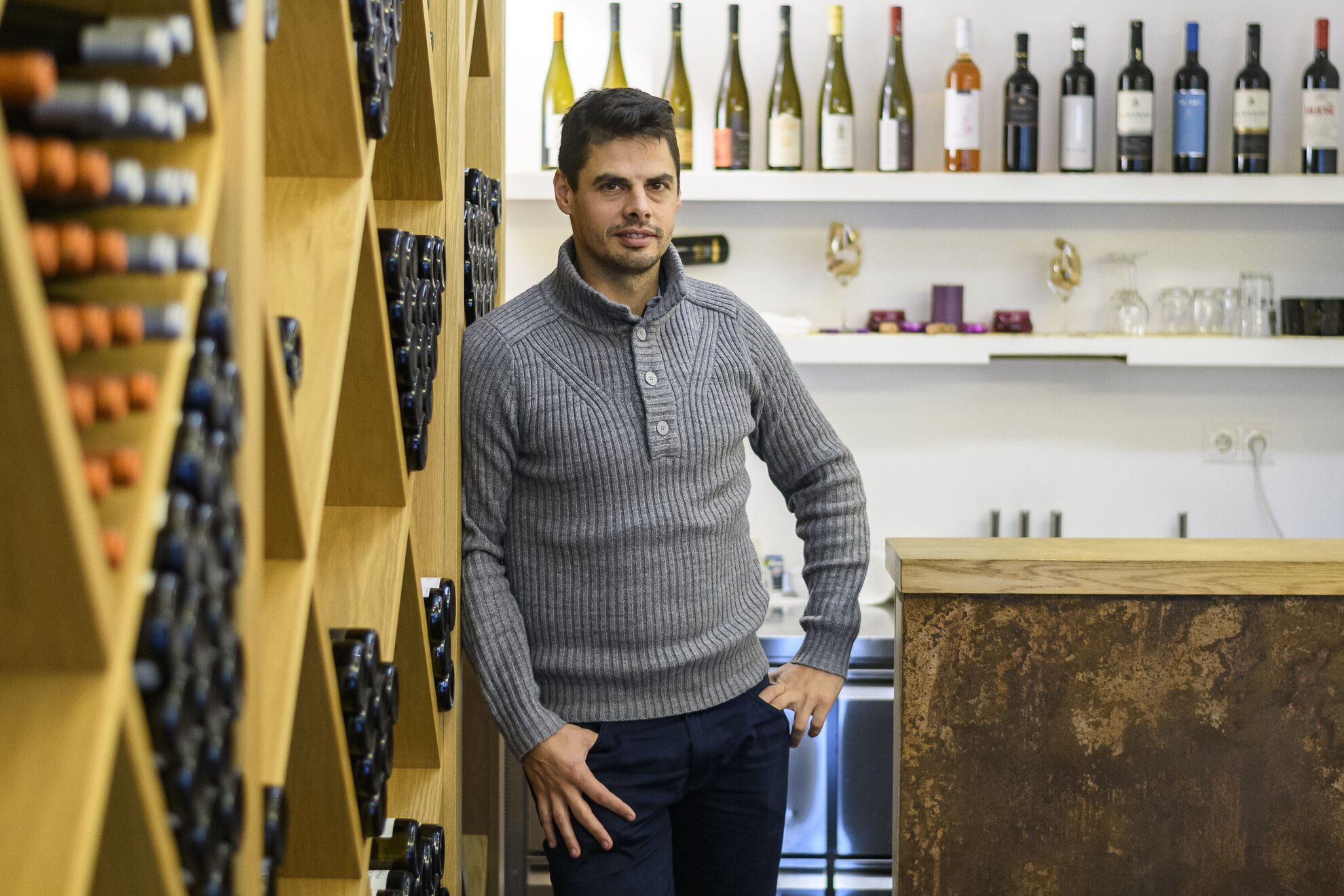
Let’s forget about seasons
“What stands in the way of a strong off-season is the strong high-season. Summertime Balaton lives so strongly in the minds of people that when they think off fall-time fun it just doesn’t come up. By the way, I don’t really like using the word ‘season’ (only when I must to make myself clear), I would get rid of the whole season-thing because I believe in weather-based tourism. If I think of Tuscany, it’s not the season I think of, as it’s interesting all year round and there’s always something there. Last winter, with the sliding across Lake Balaton and the programs in Lelle we learned that – what we didn’t even expect and we hardly believed – if it’s possible to attract such a huge crowd, it really exists and it can be mobilized. This opened up incredible perspectives.”

This is a wine region
“It’s not because I’m a winemaker, but this area fundamentally should be a wine region. Wine, for now, is separated from Lake Balaton: »here’s a lake, where, by the way, there’s also good wine« – this is how people think for now. A strong wine region makes the area more valuable, it means a higher category of culinary and cultural programs, and, because it’s primarily defined as a wine region, it’s inviting all year round."

The beaches come to life
“To be on the waterfront is an elemental desire, it sucks you in, and you want to do everything there. We can attract more people if most of the programs are on the waterfront. We can’t let go of this feature. The beaches have a key role in this. We have to reinterpret the functions of beaches: we primarily think of it as a community space, a multifunctional waterfront cultural leisure center that dynamically adapts to the weather, and where everybody likes to go on any given day of the year. There’s heating in the building, it can be closed, can be used all the time, and it can be useful at a race or at a culinary event. It isn’t something that can’t be done. Ideally, locals start this process themselves; they are the ones to »break in« the beach, they are the ones who use the beach for more than just swimming. It’s important to make people realize that the waterfront and the beach aren’t just features, to make people explore the values of them."
We need more new-wave figured at Lake Balaton
“I would be happy if more locals would represent the vision of a quality-Balaton, which, right now is mostly done by outsiders. Most of them aren’t financial investors, but people who put their future in it.”
Gábor Kardos, philosopher, the spokesman of Balatoni Kör

On the ice with a swimming mattress
“Let’s make rain-parties, let’s do something with our biggest shortcoming, the bad weather. We could pass on an important, positive message with that: summer won’t be the base once we see why it’s good to have a consciously formed, high-quality tourism selection for fall-winter-spring. If we go on the ice with pool floats in winter, with mulled wine in hand, we would laugh at this fixation on summer and everyone could see that Balaton is about a lot more than the beaches.”
The Balaton-feeling is the engine of development
“It’s possible to create attractions at Lake Balaton without natural ice, with beach ice rinks for example that can become just as inviting as beaches in summer. The main priority is to stop being dependent on the weather, and that is much more about attitude and creativity than it is about money. I don’t believe in solutions that come from the outside, whether it’s big money or central control, because those don’t shape the culture of creating values within the region. That can be done with cultured cooperation, with a community, so that locals have as many good, shared experiences as possible. That can be a pumpkin carving competition, or anything that simply radiates that this is a good community, people love to live here, you can see the love of Balaton and life in them. That is the most authentic appeal. What makes the French and Italian tourism so inviting? The fact that there are people there who love what they are doing, they live their life as an experience, and guests find that attractive. We should be able to radiate a good Balaton-feeling instead of coming up with tourist-traps that smell like marketing just so that we can make more money on the tourists. We have to face with the fact that we are much more advanced in infrastructure than in the way we use money; our tourism is more advanced in appearances than in its content, in the way we fill what’s already built with life. We should focus on that.”

Camargue instead of Provence
“To compare the Balaton Uplands to Provence or Tuscany is a huge confusion. We compare ourselves to them in aspects that we shouldn’t, and we don’t recognize the similarities. We can’t compete with Provence in what makes that region strong. The relatively unknown Camargue would be a better model: to draw a parallel between the wild horses racing in the salty, marshy lands of Rhône’s delta and the herons of Lake Balaton would be much more real and exciting. Comparing our potted, scrubby oleanders, palms, and the lavender of Tihany to Provence or Tuscany is embarrassing with a European eye.”

Health-experience, heron, and buzzing
“The built environment and the selection of services shouldn’t be compared because we won’t come out of that with a win. Instead we should focus on our real values and uniqueness, on what could make us stronger: visitors arrive to an almost untouched nature reserve and they can experience nature in a way they couldn’t at popular seashores. It’s not about ecotourism with bird watching and such things, instead it’s about the experience of a harmonic environment while there are cool spots (like BeachFood bistros), and you can watch the reeds while you’re going from one place to the other. Obviously, the herons aren’t the main attraction, instead they are the symbol of the region’s touristic uniqueness, and the value of that will grow from year to year. Because that’s where the tourists, with their urban everyday environment, want to go to relax, to places with a really different, healthy, and harmonic environment. Our strongest resource is Lake Balaton, and not just because it’s a natural resource, but also because it has an impact on people. It has such a motivating force that is a much more serious economic factor than we would think. It has a real brand-value. Hungarians have a really unique way of loving Lake Balaton, and that could be the engine of our development if we can kick it in and give direction to it.”

